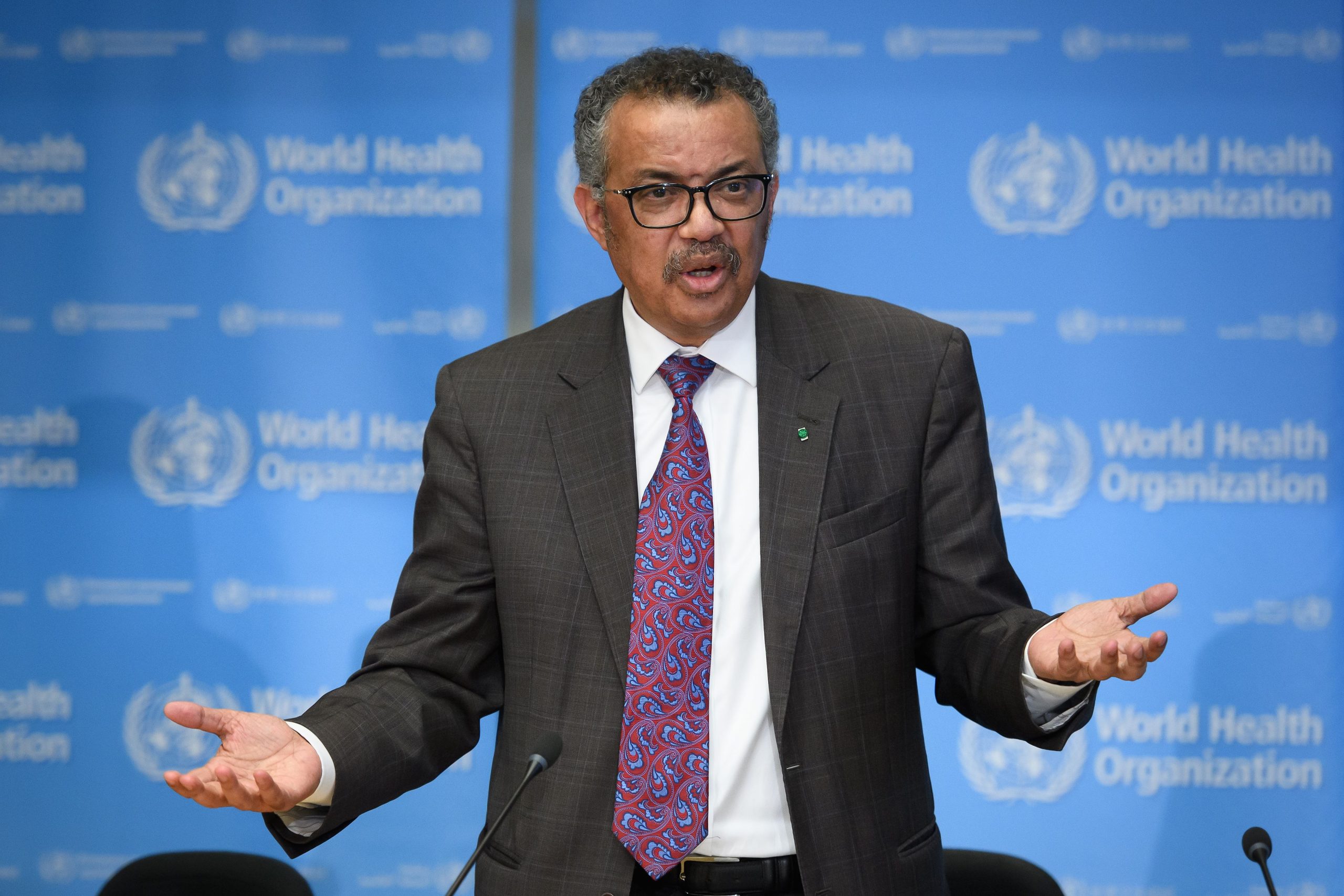700,000 people diagnosed annually with malaria in Lagos- Commissioner
Prof. Akin Abayomi, Lagos State Commissioner for Health, says no fewer than…
2021 World Malaria Day: 953 lives lost to malaria in Borno in 4 years
Prof. Isa Marte, Borno state Acting Commissioner of Health, has disclosed that…
Africa making progress in defeating malaria – AU
The African Union Commission says the continent is making headway in defeating…
FG needs N1.89trn to tackle malaria -Ehanire
The Minister of Health, Dr Osagie Ehanire, says Nigeria needs over a…
U.S. delivered 14.7m malaria doses to Nigeria in 2020 — USAID
The United States Agency for International Development (USAID) in Nigeria delivered 14.7…
WHO launches initiative to eradicate malaria in 25 countries by 2025
The World Health Organisation (WHO) is launching a new initiative which aims…
FG cautions Nigerians against treating malaria without lab test
The Federal government, on Tuesday, warned Nigerians to undergo tests before taking…
WHO inaugurates consolidated guidelines for malaria
The World Health Organisation (WHO), on Tuesday inaugurated Guidelines for malaria, bringing…
Malaria: Bauchi Govt earmarks N5m for fumigation
The Bauch State Government on Saturday started the fumigation of the state…
Malaria dangerous in pregnancy, can cause death — Parasitologist
Dr Adeniyi Adelodun, a Medical Parasitologist, says malaria can be a death…








